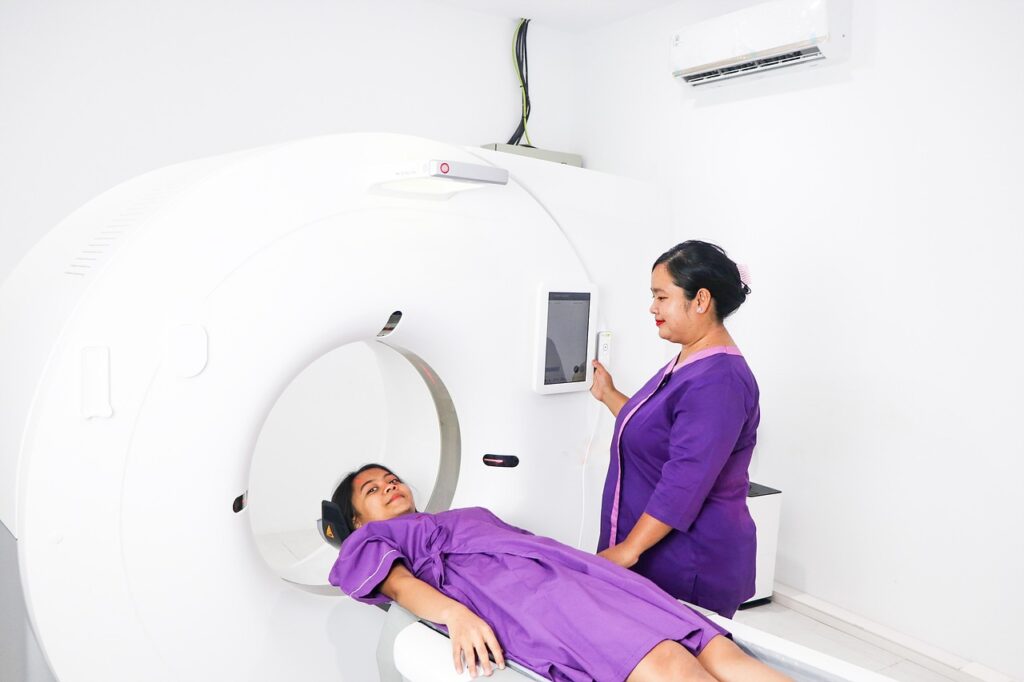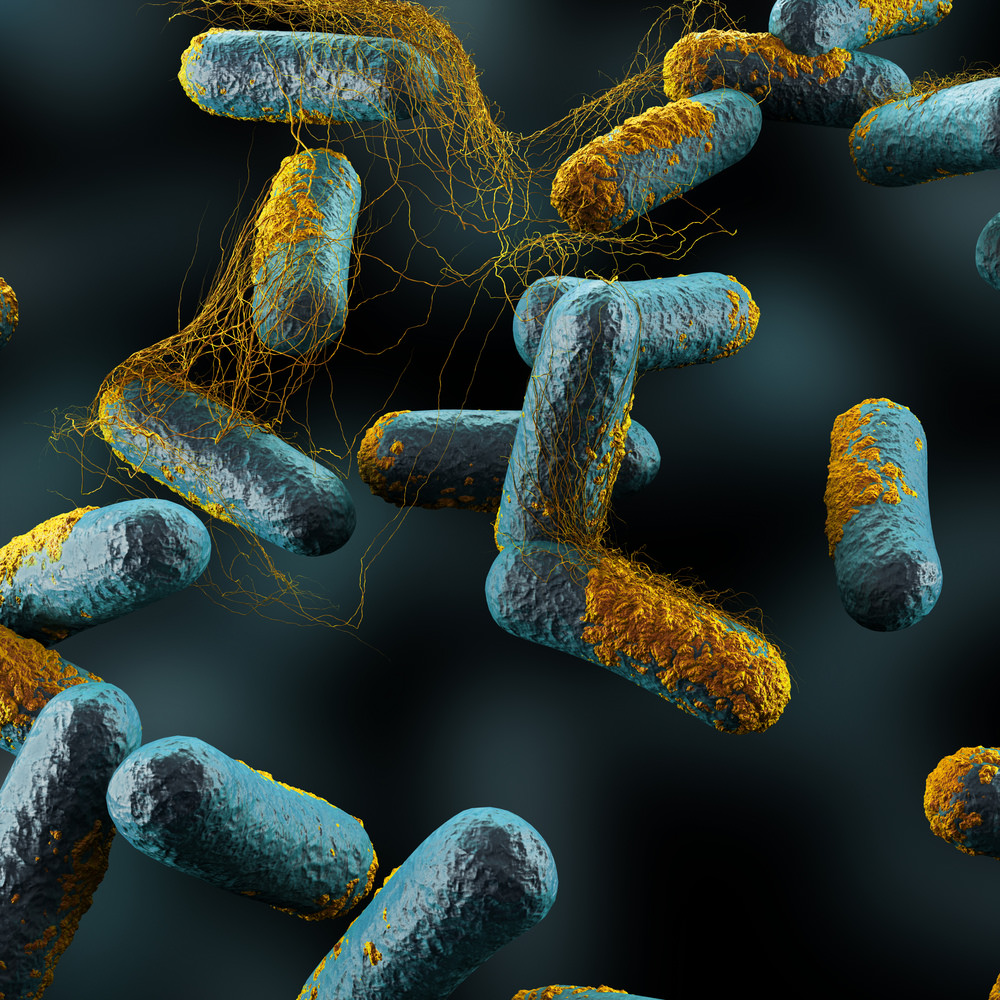Share this Page:
This year’s European Society for Medical Oncology (ESMO) Congress was held from 17-21 October 2025, in Berlin, Germany. The presentations are available to read on the ESMO website. Some affiliates of the International Kidney Cancer Coalition (IKCC) went to the meeting to keep up to date with the care and treatment of patients with kidney cancer.
Take home messages
In abstract 2631P, the IKCC global patient survey revealed significant regional differences in patients’ involvement in treatment decisions. While most follow their treatment plans, outcomes may improve with better information and participation. Around 1 in 5 clinical trial participants were dissatisfied. The mental health impacts from kidney cancer are rarely discussed with doctors. Experiences differ widely across countries, highlighting a need for enhanced collaboration between patient groups and healthcare professionals.
Abstract 2592MO reported that combining fruquintinib and sintilimab was more effective and generally safe compared to axitinib or everolimus for patients with previously treated advanced kidney cancer. This combination will be submitted for a New Drug Application in China.
In abstract LBA96, a triple combination of pembrolizumab, lenvatinib, and belzutifan showed early promise and are now being assessed in a phase 3 trial. Side effects were consistent with known profiles of the individual drugs. Result of the ongoing phase 3 trial are awaited.
Abstract LBA93 presented early results from the RAMPART study. Giving people durvalumab and tremelimumab after their kidney cancer has been removed by surgery helped stop the cancer from coming back, especially for those who had the highest chance of their cancer returning.
In abstract LBA95 giving patients immunotherapy for six weeks before surgery helped shrink the tumours in some people with intermediate to high-risk clear cell kidney cancer. More research is needed to see if this treatment helps people live longer and to find out which patients are most likely to benefit from it.
Abstract 2635P showed that for people with metastatic kidney cancer who are doing well on immunotherapy it is likely safe to stop treatment after about two years instead of continuing for longer. This can help reduce side effects and the burden of treatment, without making a big difference in how long people live or how well the cancer is controlled.
Abstract LBA94 showed that for people with advanced clear cell kidney cancer whose disease got worse after previous immunotherapy, lenvatinib plus everolimus was better than cabozantinib at keeping the cancer under control. Yet no overall survival benefit was observed.
Abstracts 2595MO and 2600MO presented SUNNIFORECAST study results for a rare form of kidney cancer called chromophobe kidney cancer. The combination of ipilimumab and nivolumab improved survival in patients with chromophobe kidney cancer and worked better overall for those with high CPS markers. Immunotherapy may benefit people with rare kidney cancers, and PD-L1 testing could guide treatment choices. Further studies are required to confirm these outcomes.
Abstract 2605MO reported results from the CALYPSO study, which showed adding savolitinib to durvalumab did not seem to help most people with kidney cancer, except possibly for a small group with a specific gene change (MET). Combining durvalumab and tremelimumab led to higher response rates. Other measures, like how long people lived, were also not clearly better with the combinations compared to durvalumab alone.
Abstract 2591O found that testing tumour RNA helps doctors select effective treatments. Patients with kidney tumours that develop many blood vessels responded better to nivolumab and cabozantinib when chosen using these tests than with previous methods.
Abstract 2594MO presented biomarker findings from the COSMIC-313 study. Higher baseline KIM-1 levels were linked to poorer outcomes. Patients treated with nivolumab plus ipilimumab who showed a decrease in KIM-1 within four weeks had better results, unlike those on triple therapy. These findings indicate that monitoring KIM-1 may help predict prognosis and early drops in KIM-1 could signal effective immunotherapy in advanced kidney cancer.
In abstract 2613MO levels of CD8+ T cells which have a specific pattern of proteins (they have PD-1 but not TIM-3 or LAG-3) were measured in the tumour and could help predict which patients might benefit most from nivolumab plus ipilimumab for advanced kidney cancer. Researchers are also looking at whether combining this information with another biomarker called PD-L1 could make predictions even more accurate.















